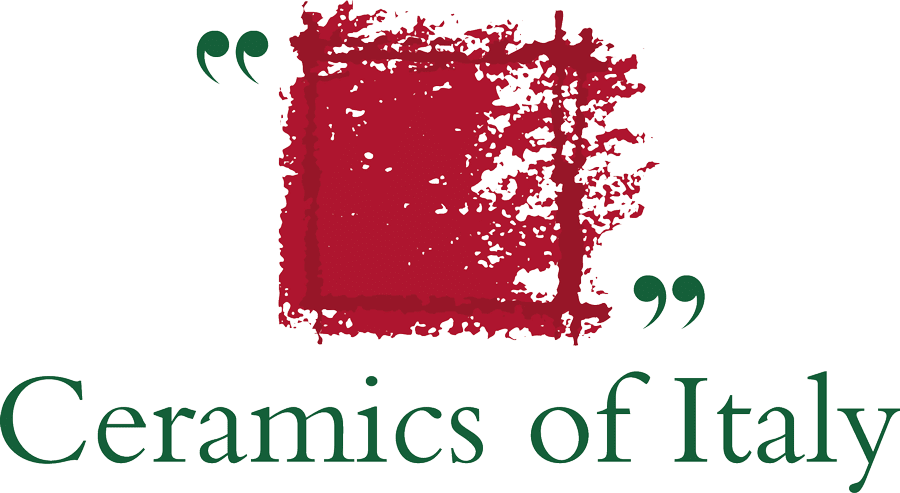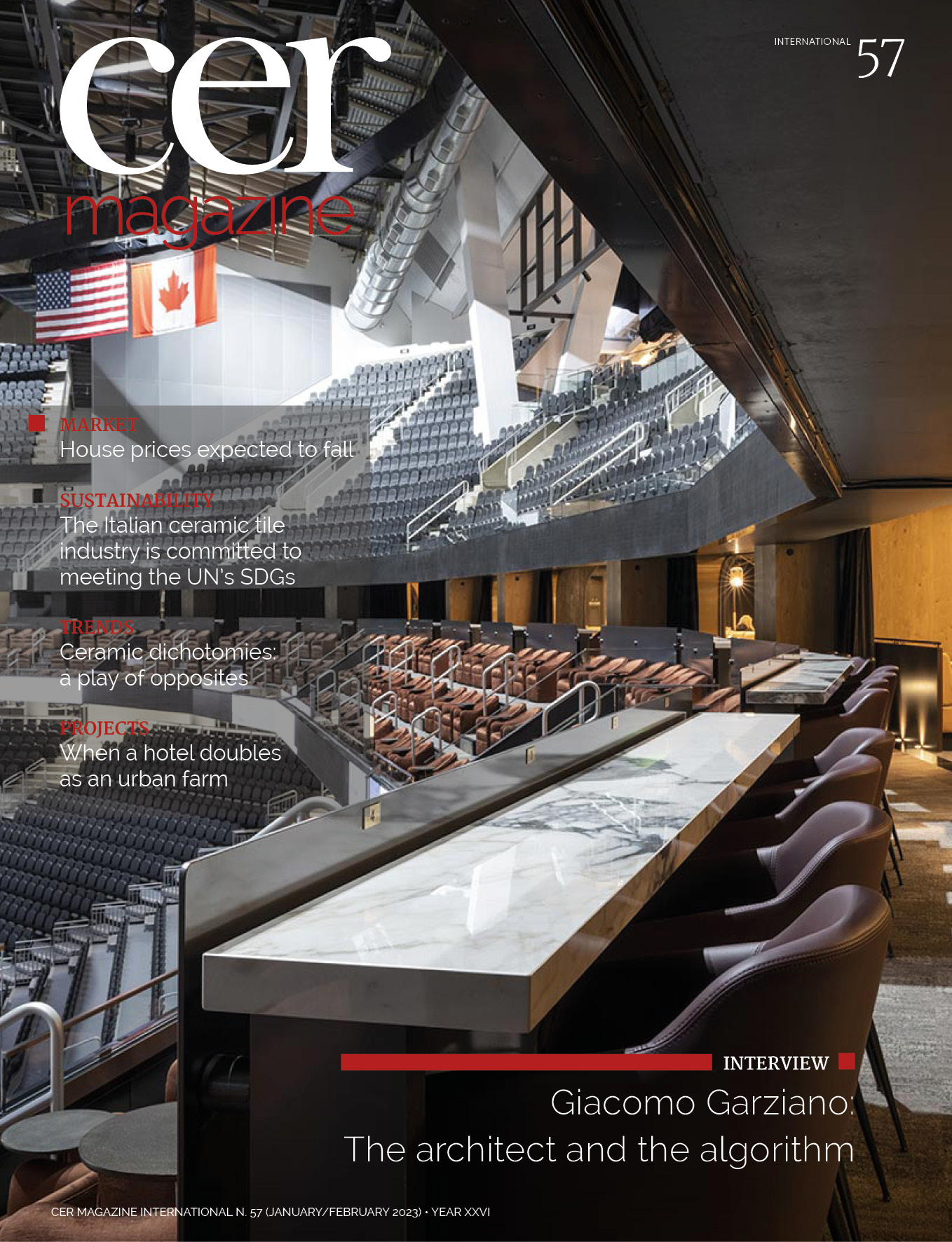Located close to the river Amstel in Amsterdam, Hotel QO incorporates luxury and sustainability as key elements of its design concept. Thanks to the sustainable design approach adopted by the team made up of Paul de Ruiter Architects, Mulderblauw Architects and Arup, this new building has become the first LEED Platinum certified hotel in Europe.
The project’s sustainability strategy focuses on three key elements: a rooftop greenhouse used to grow vegetables and herbs using hydroponics, an intelligent façade and a waste recovery system for energy cogeneration.
The more than eight hundred panels making up the façade are controlled individually by an intelligent system. The panels are individually oriented in such a way as to create an overall screening effect that maintains the energy balance for each individual room without the need for additional resources for heating, cooling or ventilation.
Electricity is generated from the hotel’s own waste. A cogeneration system powers the heat generation plants using waste oil from the kitchens. Excess heat production is used to supply hot water for guests and staff.
The water system plays a vital role in this building and includes a grey water circuit that uses filtered water from the showers and bathrooms to flush the toilets.
The rooftop hydroponic greenhouse is used to grow fruit, vegetables and herbs used in the hotel’s two restaurants, Persijn and Juniper & Kin. This type of cultivation also plays a vital role in the hotel’s biophilic system as the natural waste from the fish farm is converted into biological fertiliser for plants. In exchange, the fact that the plants purify the water keeps the fish healthy, thereby ensuring a constant circulation of resources.
The greenhouse is conceived as an inclusive environment that encourages guests and locals to learn about innovative urban cultivation techniques while also introducing them to issues of sustainable food production.
This complex set of solutions and installations operates in accordance with the concept of circularity and protection of resources, while at the same time aiming to conserve energy and improve the well-being of guests.
In the interior, this concept is reflected in elegant, light-filled guest rooms and public areas where the delicately coloured surfaces create a calm, intimate atmosphere.
This constant reference to nature can be found throughout the interiors, where Atlas Concorde stone-effect porcelain stoneware surfaces were chosen for the floors in the bedrooms, bathrooms and some common areas.
In these stone-inspired slabs, Atlas Concorde has created a skilful fusion of design and nature while meeting the need for a high level of hygiene and durability. The stone effect and natural appeal of the surface together with the high performance of porcelain stoneware fit in perfectly with the design concept adopted throughout the building and the sustainability standards of the environmental certification protocol.






